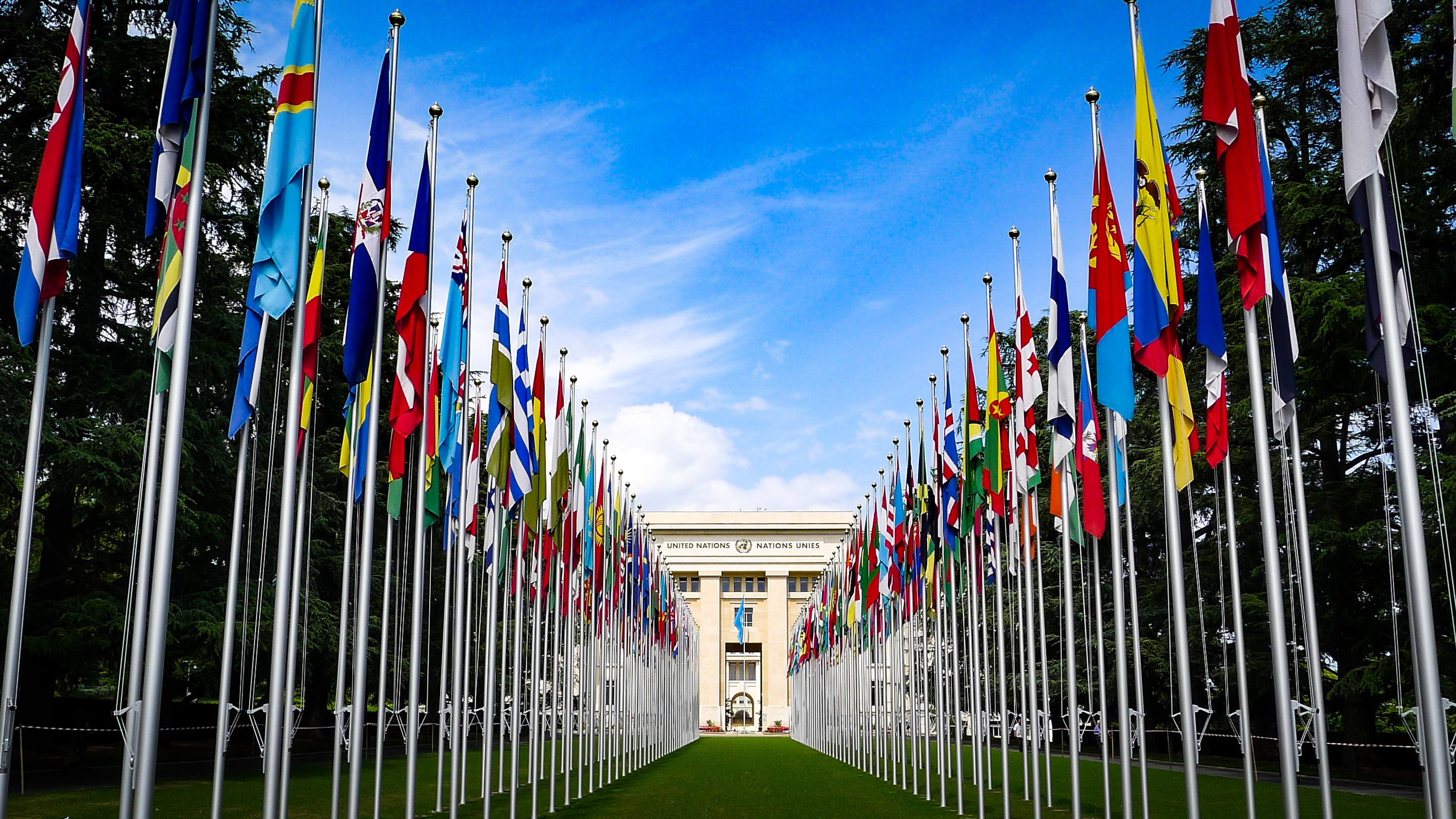UN passes first-ever high seas treaty protecting marine life


A free daily email with the biggest news stories of the day – and the best features from TheWeek.com
You are now subscribed
Your newsletter sign-up was successful
The United Nations has adopted its first-ever high-seas treaty "forging a common wave of conservation and sustainability in the high seas beyond national boundaries," according to a U.N. release. The Biodiversity Beyond National Jurisdiction Treaty (BBNJ) is legally binding and was signed by the 193 U.N. member states.
The BBNJ was signed "to prevent a cascading of species extinctions," especially in the areas known as the high seas or ocean regions beyond national boundaries, U.N. Secretary-General's Special Envoy for the Oceans Peter Thomson told CBS News. Approximately two-thirds of the ocean is considered international waters. "This is critical to addressing the threats facing the ocean, and to the success of ocean-related goals and targets," added U.N. Secretary-General António Guterres.
The treaty comes just one year after COP15, the U.N. Biodiversity Conference, agreed to put "30% of the planet and 30% of degraded ecosystems under protection by 2030," through the Global Biodiversity Framework. "To reach that target, we'll have to establish Marine Protected Areas in the High Seas, and happily the BBNJ Treaty will give us the legal means to do that," Thomson continued.
The Week
Escape your echo chamber. Get the facts behind the news, plus analysis from multiple perspectives.

Sign up for The Week's Free Newsletters
From our morning news briefing to a weekly Good News Newsletter, get the best of The Week delivered directly to your inbox.
From our morning news briefing to a weekly Good News Newsletter, get the best of The Week delivered directly to your inbox.
The ocean faces several threats, including historic warming due to climate change and human-caused stressors including pollution and overfishing. "By acting to counter threats to our planet that go beyond national boundaries, you are demonstrating that global threats deserve global action," Guterres remarked.
A free daily email with the biggest news stories of the day – and the best features from TheWeek.com
Devika Rao has worked as a staff writer at The Week since 2022, covering science, the environment, climate and business. She previously worked as a policy associate for a nonprofit organization advocating for environmental action from a business perspective.
-
 5 blacked out cartoons about the Epstein file redactions
5 blacked out cartoons about the Epstein file redactionsCartoons Artists take on hidden identities, a censored presidential seal, and more
-
 How Democrats are turning DOJ lemons into partisan lemonade
How Democrats are turning DOJ lemons into partisan lemonadeTODAY’S BIG QUESTION As the Trump administration continues to try — and fail — at indicting its political enemies, Democratic lawmakers have begun seizing the moment for themselves
-
 ICE’s new targets post-Minnesota retreat
ICE’s new targets post-Minnesota retreatIn the Spotlight Several cities are reportedly on ICE’s list for immigration crackdowns
-
 How climate change is affecting Christmas
How climate change is affecting ChristmasThe Explainer There may be a slim chance of future white Christmases
-
 Blue Origin launches Mars probes in NASA debut
Blue Origin launches Mars probes in NASA debutSpeed Read The New Glenn rocket is carrying small twin spacecraft toward Mars as part of NASA’s Escapade mission
-
 Why scientists are attempting nuclear fusion
Why scientists are attempting nuclear fusionThe Explainer Harnessing the reaction that powers the stars could offer a potentially unlimited source of carbon-free energy, and the race is hotting up
-
 Dinosaurs were thriving before asteroid, study finds
Dinosaurs were thriving before asteroid, study findsSpeed Read The dinosaurs would not have gone extinct if not for the asteroid
-
 Canyons under the Antarctic have deep impacts
Canyons under the Antarctic have deep impactsUnder the radar Submarine canyons could be affecting the climate more than previously thought
-
 SpaceX breaks Starship losing streak in 10th test
SpaceX breaks Starship losing streak in 10th testspeed read The Starship rocket's test flight was largely successful, deploying eight dummy satellites during its hour in space
-
 NASA is moving away from tracking climate change
NASA is moving away from tracking climate changeThe Explainer Climate missions could be going dark
-
 Rabbits with 'horns' sighted across Colorado
Rabbits with 'horns' sighted across Coloradospeed read These creatures are infected with the 'mostly harmless' Shope papilloma virus
